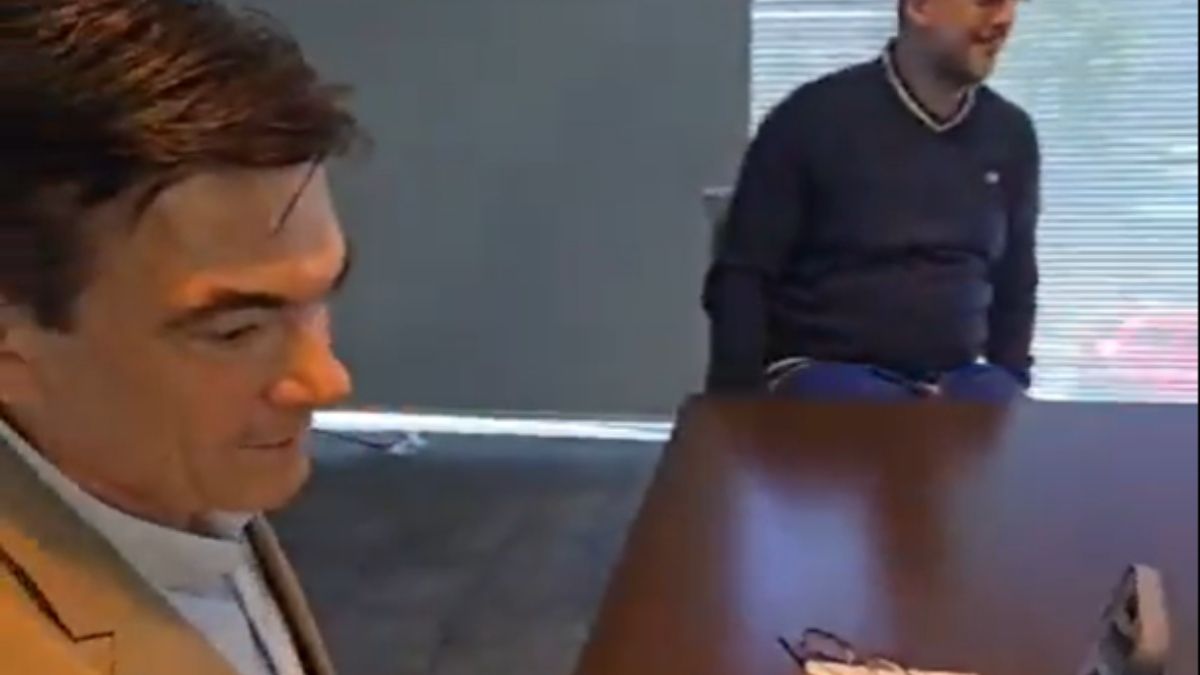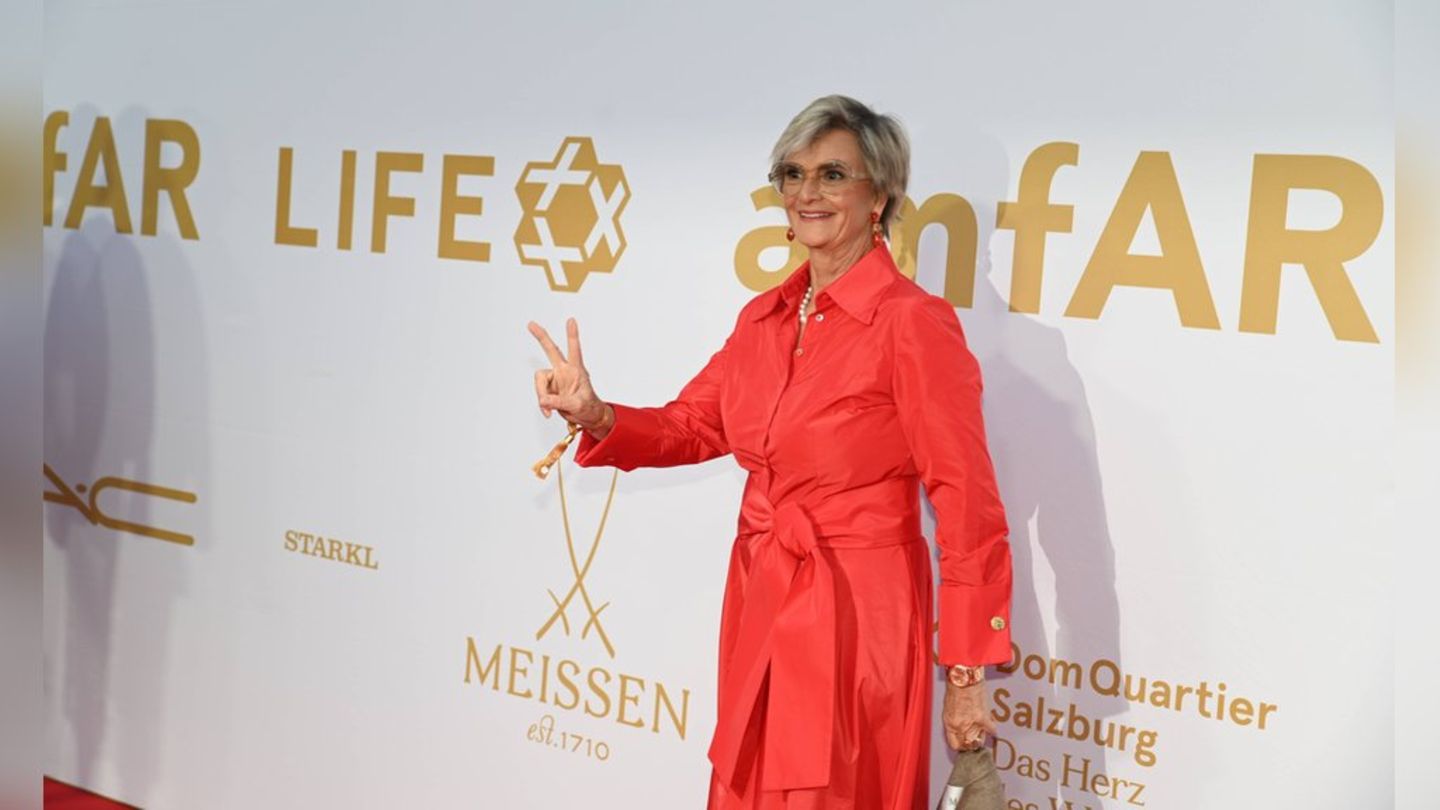opinion
Heavy weapons, tough decision? Definitely: Difficult to explain, at least for Olaf Scholz. With his refusal to give clear answers to simple questions, the chancellor is losing more and more trust.
For once, we have to start with a confession: we do our best, but unfortunately we don’t know everything, really EVERYTHING. For example, we do not know what Olaf Scholz, who is in many ways a human mystery anyway, did over the Easter holidays.
He is very familiar with times of suffering, crucifixion and resurrection and the sometimes very short time in between. But above all as a social democrat. On the other hand, the first non-denominational chancellor of this republic doesn’t have it that way with the church. So did the self-confessed late riser use the holidays to catch up on sleep while others attended church services? Did he later read a little bit of “In Putin’s Head”? And then cooked Königsberger Klopse in the evening and watched “Some like it hot”?
Scholz only creates one impression: helplessness
Or did he obsessively spend hours poring over the Ukrainians’ requirement lists, comparing them with the inventory catalogs of the Bundeswehr and deciding: “They can have folding spades! They can’t get martens!”? As I said, unfortunately we don’t know. We can only state: Olaf Scholz cannot really have come to rest and reflection these days. There is no other way to explain his first post-Easter public appearance early Tuesday evening.
In the morning, the Russian army began its major offensive in the Donbass. In the afternoon, the most important heads of the western world discussed their reaction to this in a telephone switchboard. The chancellor then went before the press and stammered his way through a statement that made one impression above all: helplessness.
Above all, you learned what you already knew: that Scholz is hardly convinced of himself and the rightness of his actions; that NATO will not be drawn into the war; that Germany would nevertheless support Ukraine as best it could. Unfortunately, exactly what this support will look like is not known. Scholz answered the clear question of whether Germany would deliver heavy weapons in great detail and verbosely – not.
The ridge is narrow
One of the Chancellor’s unfathomable secrets is the reason for his troubled relationship with external communications. One would like to ask him with Oskar Matzerath: “Can’t or don’t want to, little boy?” One suspects, however, that he would answer just as little as the Jesus figure in the Danzig church would drum. “An old pig doesn’t learn to fly anymore,” a friend once said about Scholz’s refusal to explain himself. Presumably even the Chancellery will not change him in this respect.
That’s unfortunate and risky. Because the line between calm stoicism and cold ignorance is thin. And in politics it can quickly become dangerous if you get out of step. Scholz is already four and a half months in office at this point. The mandatory vaccination he wanted failed miserably in the Bundestag, resistance to the special fund for the Bundeswehr he had conceived for the Bundeswehr is growing, especially in the SPD, and the voices from the traffic light coalition, which are demanding immediate delivery of tanks to the Ukrainians, are increasing themselves and are getting louder.
Toni Hofreiter, the ex-Greens parliamentary group leader, for whom no ministerial post could be found in late autumn and who is now being unhindered by cabinet discipline, is ranting at the chancellor: “Too hesitant and hesitant.” “Not enough.” “Germany must do more.” “The problem is in the Chancellery.” And these are just a few small samples.
To dismiss the criticism would be wrong
Hofreiter could be dismissed as the revenge of someone who missed out. But that would be wrong. Because what Hofreiter says openly, many people think secretly. Even Bijan Djir-Sarai, who will be officially elected FDP general secretary at the weekend, is now openly urging the chancellor to do more for Ukraine.
We don’t know where Djir-Sarai ranks in Scholz’s appreciation and perception; Unfortunately, we also don’t know what got into the Chancellor’s mind when he addressed his critics in a pre-Easter outburst of clear pronunciationin an interview: “I have to say to some of these boys and girls: Because I don’t do what you want, that’s why I lead.” Nor do we know where this type of leadership will lead.
But one thing we do know for sure: that as chancellor you lose too much trust in the long run.
Source: Stern
David William is a talented author who has made a name for himself in the world of writing. He is a professional author who writes on a wide range of topics, from general interest to opinion news. David is currently working as a writer at 24 hours worlds where he brings his unique perspective and in-depth research to his articles, making them both informative and engaging.




